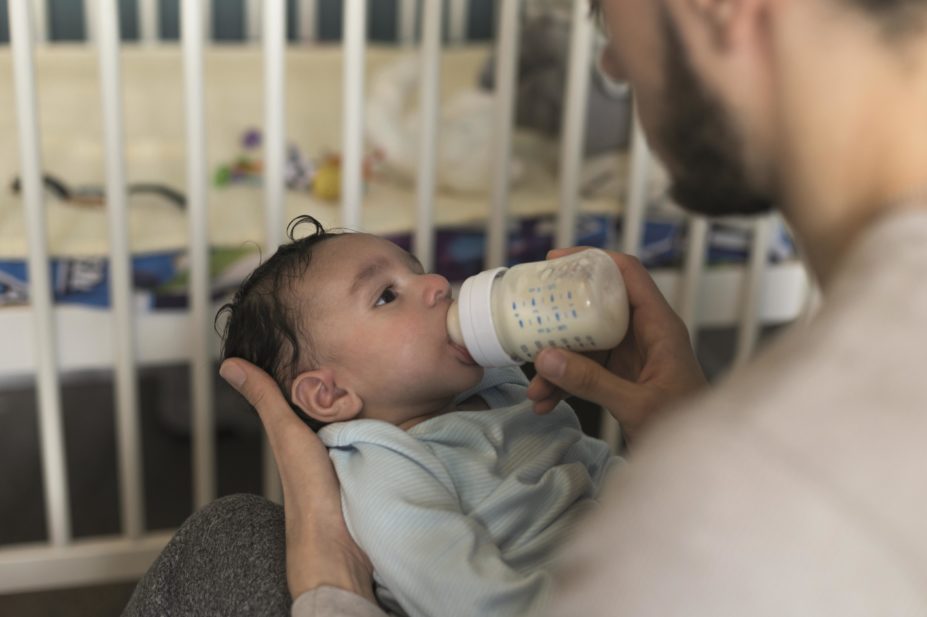
Shutterstock
International guidelines recommend that infants who aren’t breastfed in the first four to six months of life are fed hydrolysed formula milk, in which the proteins are broken down, to help prevent allergic and autoimmune diseases, such as eczema and wheeze.
To inform UK guidelines, the Food Standards Agency commissioned a systematic review of the literature. Researchers analysed data from 37 trials and found that, compared with standard cows’ milk formula, there was “no consistent evidence” to support a protective effect of hydrolysed formula against allergic and autoimmune disease up to the age of 14 years. Furthermore, some studies had a high risk of bias, evidence of conflict of interest and inadequate randomisation.
In The BMJ (online, 8 March 2016)[1]
the authors conclude that the findings do not support the current recommendations and suggest that future studies should be independently funded.
References
[1] Boyle RJ, Lerodiakonou D, Khan T, et al. Hydrolysed formula and risk of allergic or autoimmune disease: systematic review and meta-analysis. BMJ 2016;352:i974. doi: 10.1136/bmj.i974


